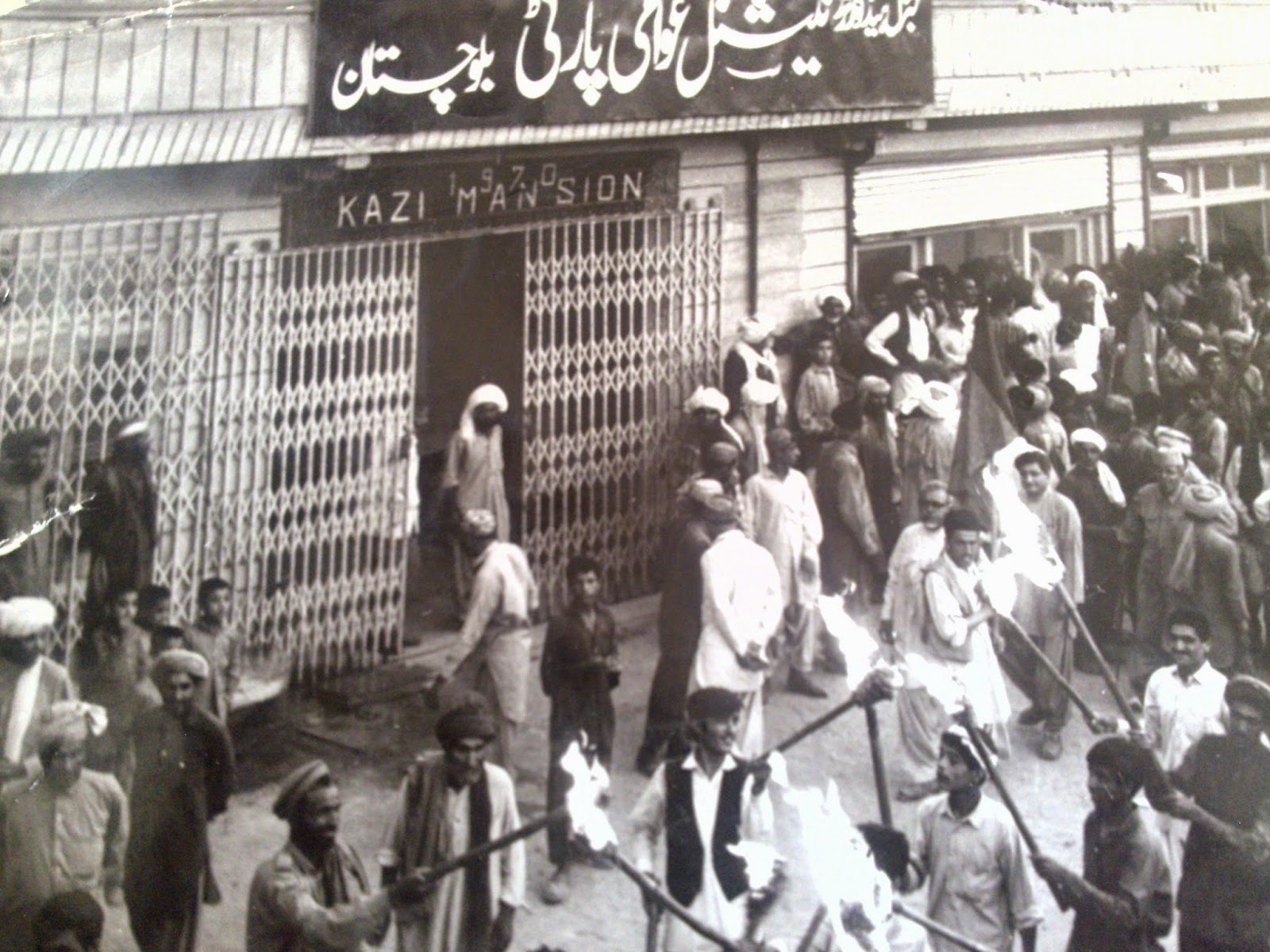The issue of annexation with
Pakistan is though really complex with context to its significance but it
cannot bother us as the reputable members of this house have always been aware
of how to secure our independence if we want to live freely. Just like Iran and
Afghanistan have their own social, cultural and national identity, the Baloch
too have their own distinctive values, though we are muslim but that doesn’t
means that we will give away our freedom and be absorbed in another nation. If
it is necessary for Kalat to be annexed in Pakistan just on grounds of being a
muslim state, the Islamic governments of Iran and Afghanistan shall also be merged
in Pakistan.
The examples of Punjab and Sindh
that are portrayed are wrong. No single major nation dwells in either Punjab or
Sindh but different sects that do not have their own social identity. Just like
English Imperialists forcefully occupied and ruled entire Asia, the Baloch
state that is known as Balochistan also fell under the imperialist tyranny.
Despite our sacrifices and struggles for our freedom from British, we lost to
the brutality of the British Government, our expectations were shattered and so
was our freedom. We were neither a part of India prior to this and nor are we
today. The desire of Pakistan to annex Balochistan, the homeland of Baloch, in
Pakistan is absurd and unacceptable. What was our conduct with Pakistan and
what is Pakistan doing with us now? Before Pakistan came into being, our Khan housed
Muslim League in our homeland, our houses and vehicles were all provided for
them, and we struggled day and night for the triumph of their movement, but now
their behavior with us is entirely opposite and unlike. They have refused to
return Lasbela and Kharan, the two vital portions of our country. We ask not to
make Lasbela and Kharan our slaves, but they are historically fragment of our
nation, and therefore part of Balochistan. Pakistan has refused to even talk
about this until the Baloch government is insulted to bow before it. (On
interference from the President he said) I am only saying what I realize from
the behavior of Pakistan. The British government handed Kharan and Lasbela to
Balochistan, but Pakistan without consulting us dispensed the food supplies to
them.
We are ready to become friends with
Pakistan with dignity but refuse to become a part of Pakistan with humiliation.
We are given death threats so that we may sign an agreement of national death
of 15 Million Baloch in Asia. We cannot commit such a crime of ruining hundreds
of years old independence and autonomy of Balochs by merging them into
non-Baloch. We are being told that the Baloch nation cannot defend its rule in
this era of nuclear warfare, can Afghanistan, Iran and even Pakistan protect
itself on this criteria? Today Russia and America can eliminate all such
nations, therefore if we cannot defend our country there are several other
nations that cannot defend themselves.
If Pakistan wants to come
to an accord with us as an independent and sovereign state we will heartily
welcome it but if it is not ready for this it will strongly be an autocratic act
on its behalf, which will not be tolerable in any circumstance. And if such an
undemocratic act is forced upon us, we are ready to sacrifice everything to
defend the independence of our homeland.

